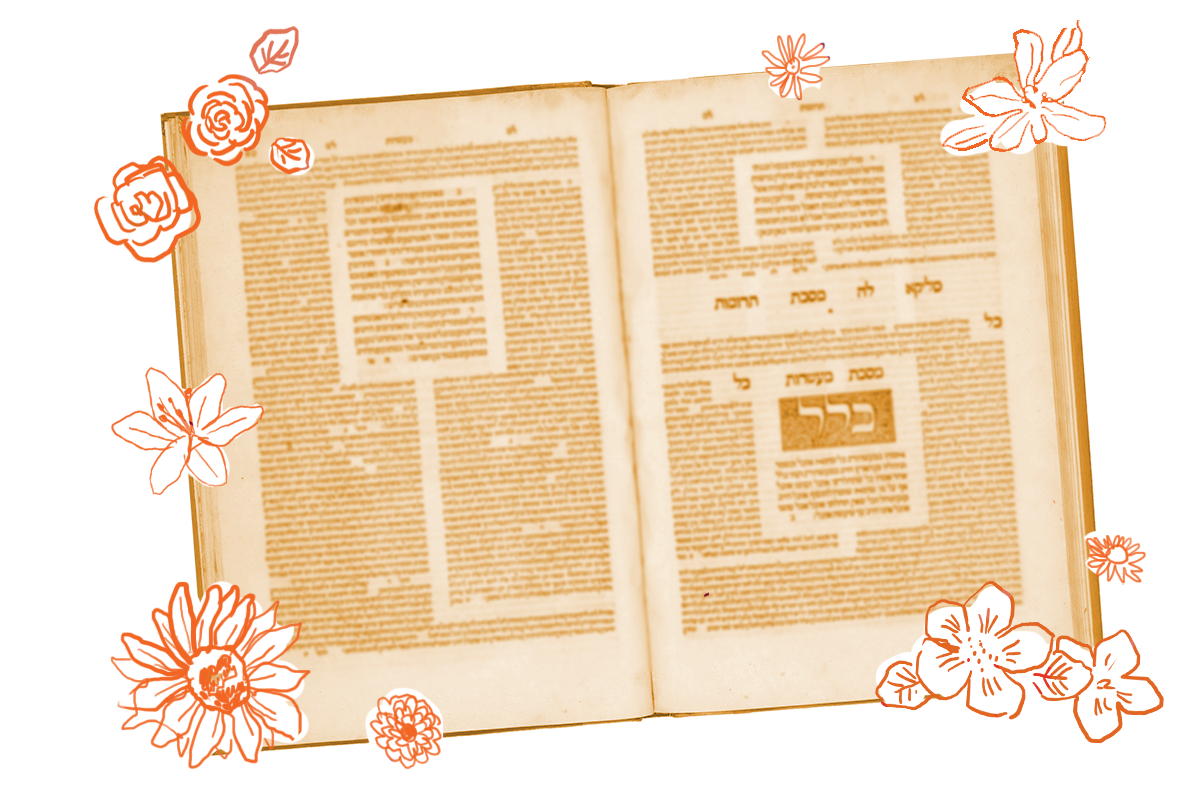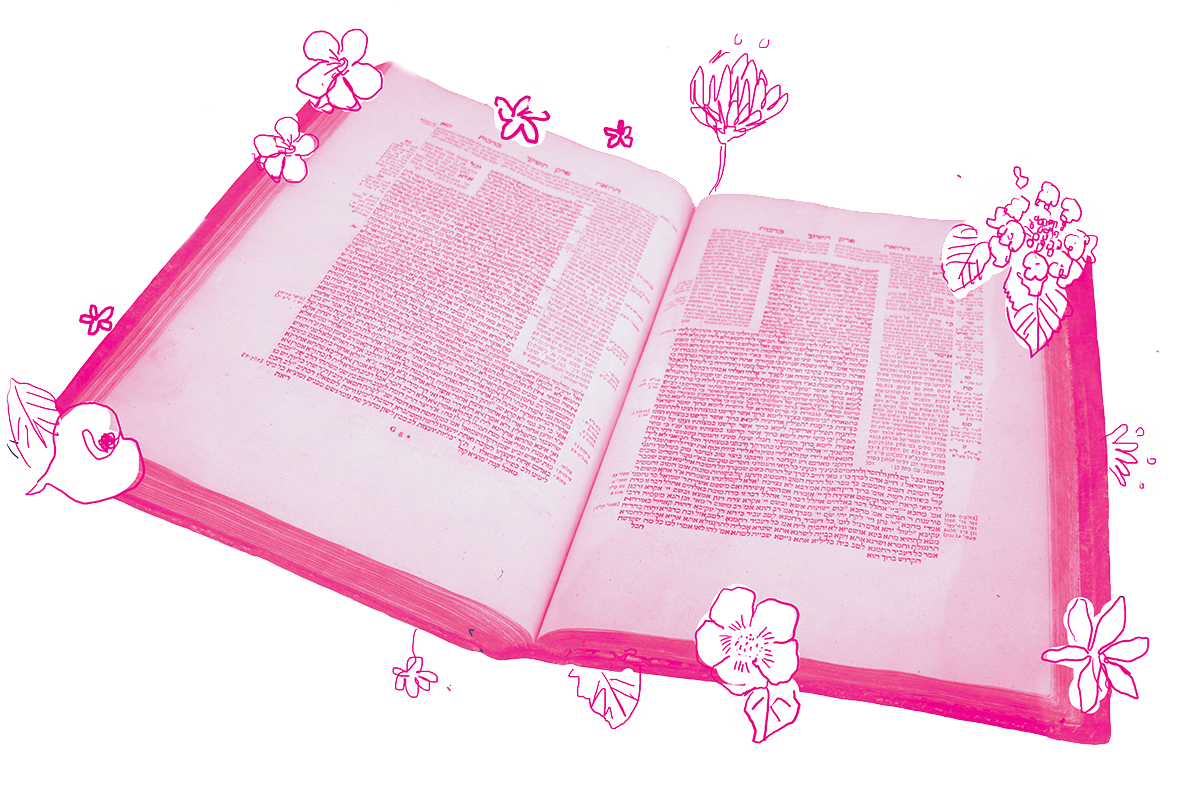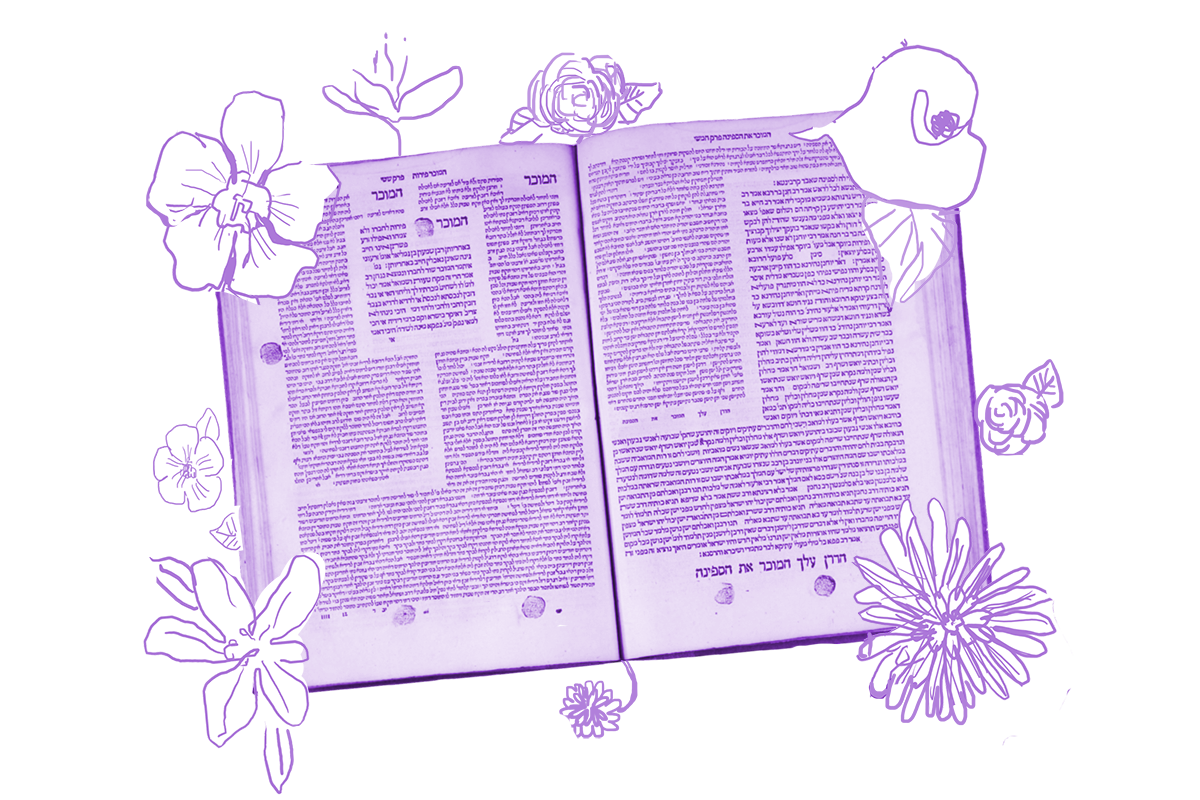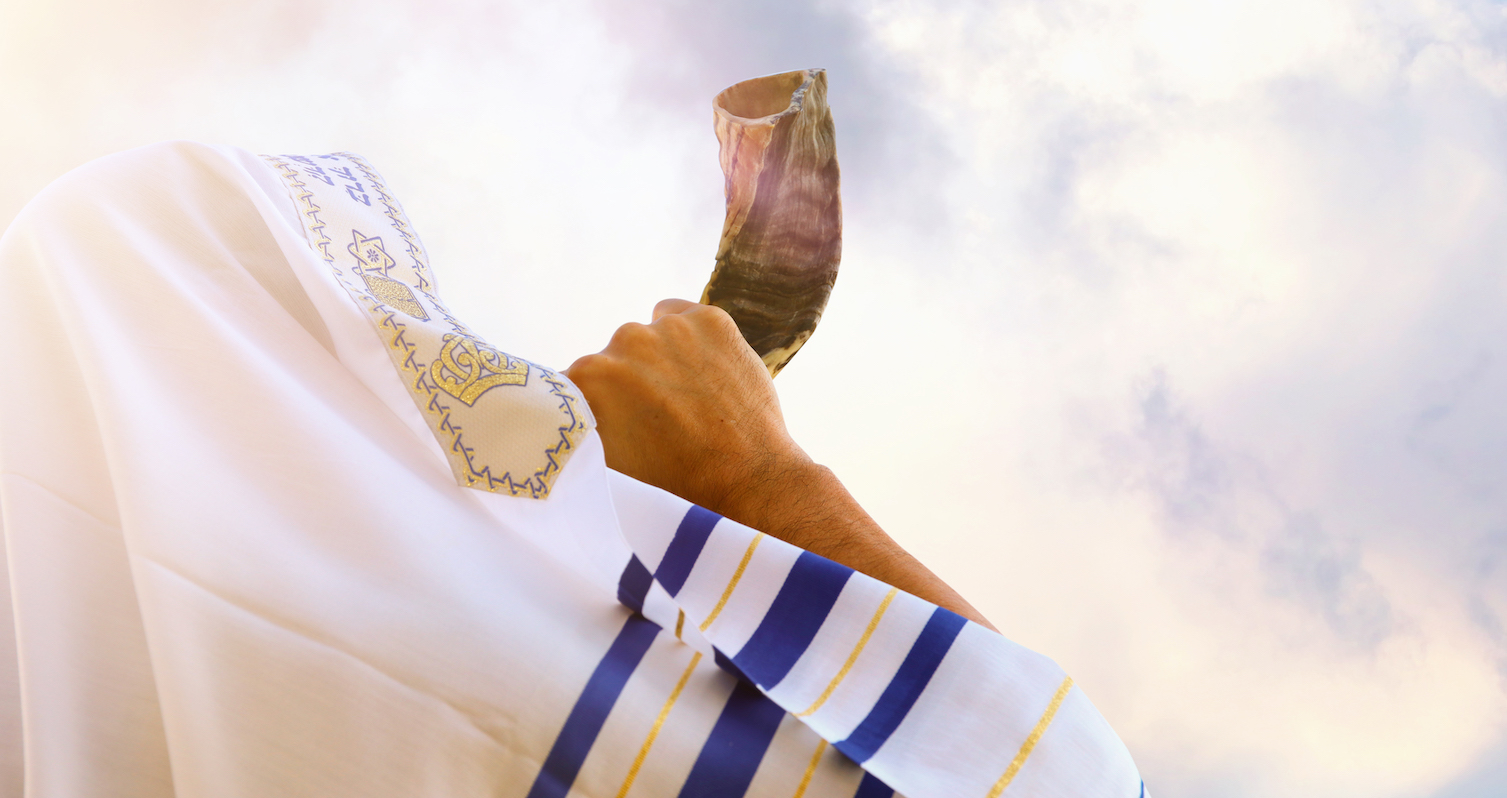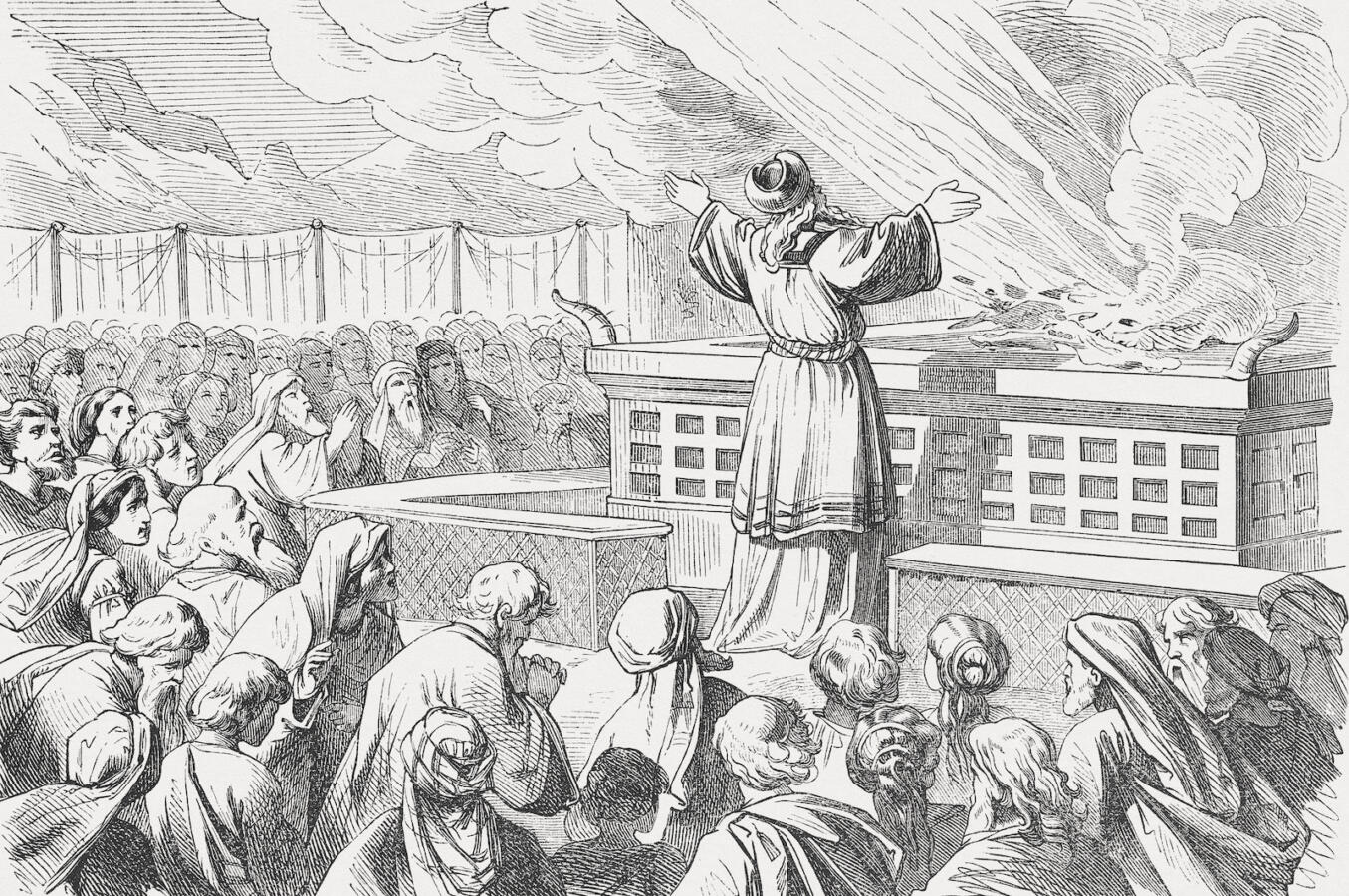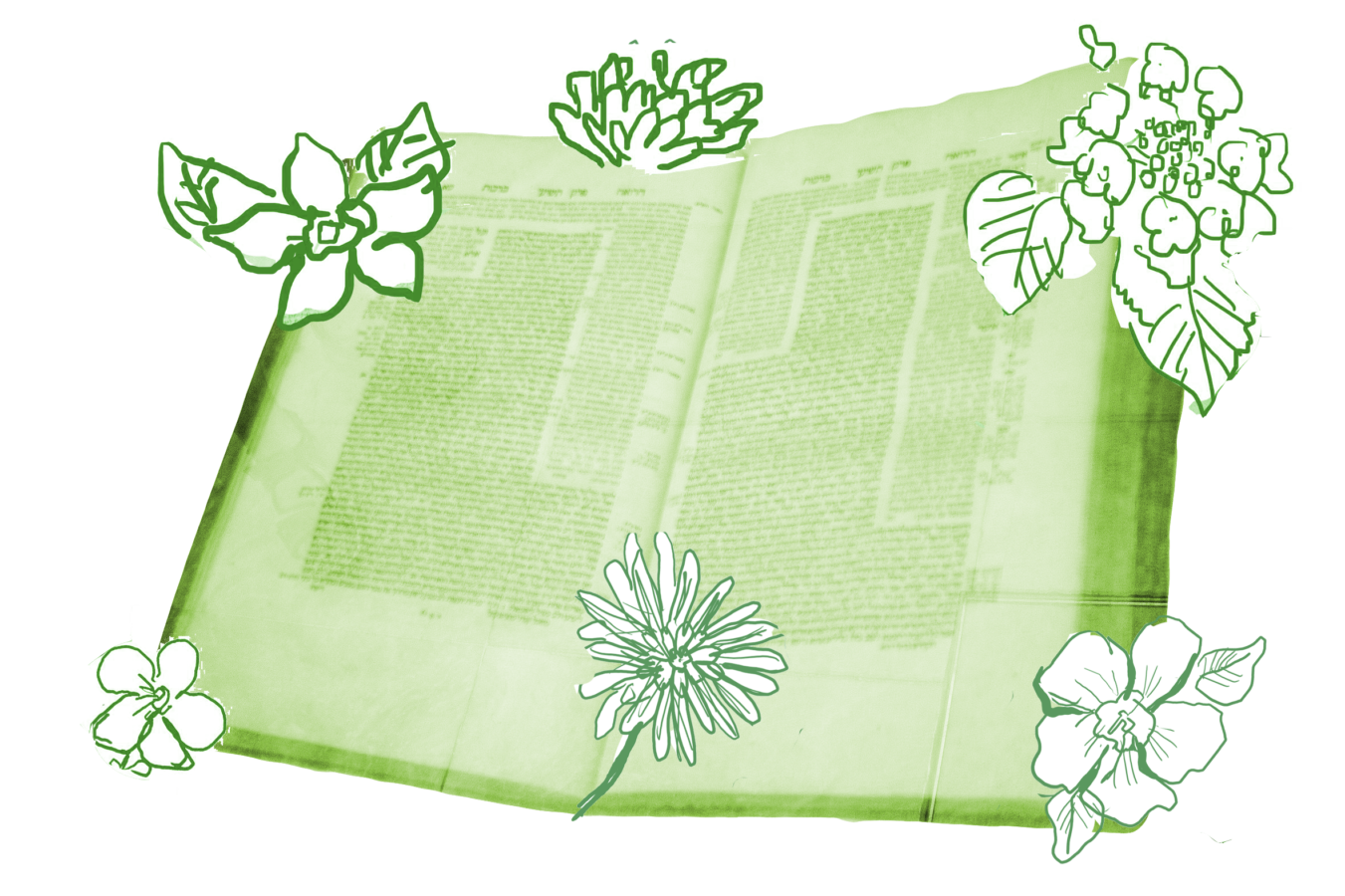Beitzah 17
When the rabbis tackle big ideas, they rarely signal they are doing so. This means that you never know when a mundane halakhic argument will suddenly reveal a much deeper clash. Such is the case on today’s page, when a deceptively innocent debate about a tiny turn of phrase in a blessing reveals a major philosophical divide. […]
Continue Reading
